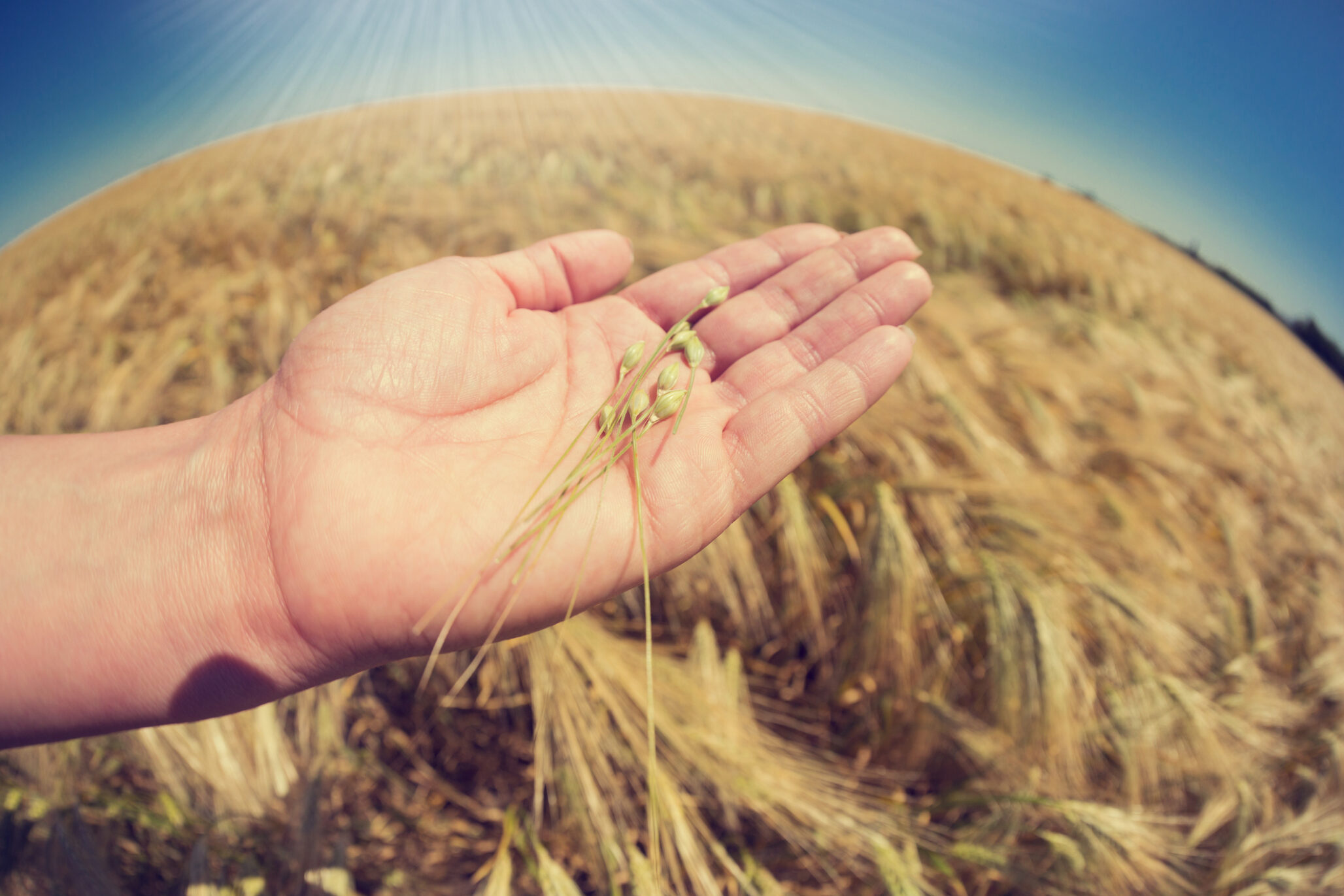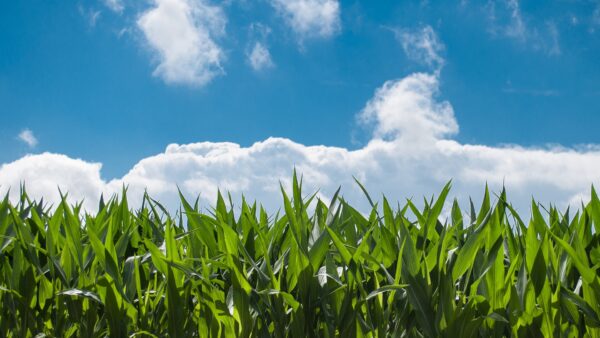Improved seeds and greater acceptance of crop biotechnology are on the horizon, according to a survey of more than 200 seed sector insiders.
New plant breeding breakthroughs to accelerate the development of improved crop seeds are likely in the next 10 to 20 years, according to a survey of the global seed sector.
More than 90% of surveyed seed industry insiders anticipate innovations within the next two decades that will breed more resilient and productive crop varieties. These advancements are seen as crucial for enhancing global food security, especially as nearly 45% of respondents identified climate change as the sector’s most pressing challenge.
The survey, commissioned by the International Seed Federation (ISF), gathered the insights of more than 200 seed experts from across seven regions on the sector’s achievements over the last century, as well as threats and opportunities in the future, according to a press release. This precedes the United Nations General Assembly (UNGA 79), the UN Summit of the Future, and the 2024 United Nations Climate Change Conference (COP29), where key decision-makers will set the course for the climate and development agenda in the years ahead.
“Seeds are the starting point of global food security and one of the most important inputs for farmers, determining their harvests, incomes and prospects,” said Michael Keller, Secretary General of ISF, which celebrates its centenary this year.
“Plant breeders have made enormous progress in developing new crop varieties with higher yields over the past century. As a sector, we are optimistic that with the right regulatory framework and strong partnerships, we can deliver the innovations needed to overcome the challenges of the next decades as well as the next century.”
Seed sector innovation is already credited with sparing millions from famine since the 1960s thanks to the development of semi-dwarf varieties of rice and wheat, which are less susceptible to lodging, or bending and breaking in the wind.
Approximately one-third of survey participants identified the Green Revolution as the seed sector’s most significant contribution to humanity, while another 30% pointed to research and development as its greatest achievement. Over 60% anticipate that biotech-developed crops will become mainstream in low-income countries within the next 20 years.
However, seed innovation and technological advances bring challenges, particularly the need for continued investment and effective regulations. Nearly 75% of participants cautioned that inconsistent or non-science-based regulations threaten the seed sector’s capacity to support global food security. More than half predicted that global regulatory harmonization would likely occur within the next two decades.
Around a third of those surveyed said the most significant development in the seed sector over the past 100 years was the 1991 Convention of the International Union for the Protection of New Varieties of Plants (UPOV), which established a strong international framework for intellectual property protection for new plant varieties. Plant breeders’ rights under UPOV have driven an increase in plant breeding among member countries and global competition. For example, in Vietnam, UPOV membership since 2006 has resulted in more IP applications, more crop varieties and higher yields of rice, maize and sweet potato for 10 years after joining, notes the release.
“The seed sector plays a fundamental role in feeding a growing population, but it is essential that global regulations and frameworks reflect the reality of a truly global sector,” said Arthur Santosh Attavar, President of ISF andChairman and Managing Director of Indo-American Hybrid Seeds.
“Plant breeders need adequate protections to incentivize innovation that is balanced against shared access for breeding new varieties. Harmonised, consistent policies can ensure every country has access to the latest seed innovations.”
Among the calls to action made by survey participants included:
- Prioritize sustainable and resilient agricultural practices that address the challenges of climate change, biodiversity loss, and global food security.
- Harmonize regulations for the movement of seeds.
- Seed technology transfer to less developed countries to ensure food security.













